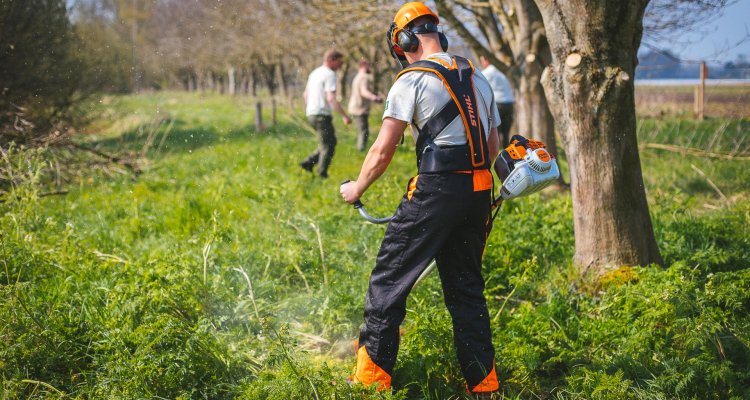
Project
Work in Natural Environments for People with an Occupational Disability (Binnenwerk Buiten)
This study investigates to what extent work participation in a natural environment affects the self-rated health and sustainable employability of employees with limited capability for work due to various types of disability. Next, this study investigates which mechanisms do (or do not) lead to change. The research uses a mixed-method design with a participatory action approach and a comparative group from a non-green work environment.
Background
In the Netherlands, everyone should be able to participate in society according to their ability and have the opportunity to direct their own life. Work is an important element. Therefore, the Dutch government aims to support employment for every citizen, including people with an limited capability for work due to disability (1,8 million Dutch citizens). Their labor participation is lagging behind, despite the fact many of them are (partially) able to work and are eager to do so. In 2013, the Dutch government, employer’s and employee’s organizations agreed to create 125.000 (adapted) jobs at regular employers (government and private sector) for this target group: the so-called “Job Agreement Jobs” (JAJs). Binnenwerk is (as executive organization at the central government) responsible for the creation of JAJs at govermental departments. Part of these jobs are created in cooperation with Staatsbosbeheer, the Dutch State Forestry Service. These jobs are unique because they are potentially structural, year-round jobs in nature maintenance with a regular employer.
Project description
One of the aims of JAJs is that these jobs contribute to sustainable employability and perceived health of people. However, this has not yet been scientifically researched. Therefore, we aim to unravel how working in this specific setting affects health and employability of this target group from a salutogenic perspective. We do this with a mixed-method design and a participatory approach, including experiential knowledge to design our methods and analyse (part) of our data.